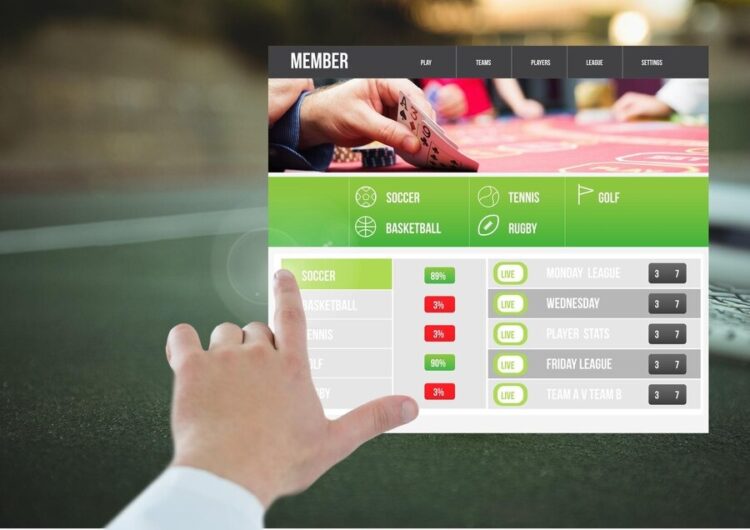Launching a sports betting platform demands a strong foundation. Every second counts, and every feature must deliver precise information. Users rely on speed, accuracy, and access to real-time data before placing bets.
A powerful back-end system, supported by reliable data sources, drives performance.
Your platform must keep users engaged and informed during every match and market shift.
To meet these expectations, your infrastructure must include a dependable sports odds API. That component supplies live betting lines, bookmaker comparisons, and in-play adjustments.
It becomes the engine behind match updates, betting calculations, and dynamic market movement. Without a fast and consistent API, you lose both credibility and competitive edge.
Choosing the right one requires more than comparing features—it requires full alignment with your platform goals.
Page Contents
Evaluate Market Coverage and Sports Depth

Source: geekflare.com
Start with the basics. Look at which sports and leagues the API supports. A quality provider should deliver comprehensive global access. That means covering NFL, NBA, Premier League, and niche sports like cricket or esports.
Key coverage features:
- Pre-match and in-play odds
- Main markets (moneyline, spreads, totals)
- Props and exotic bets
- Minor leagues and regional coverage
Some providers offer surface-level access to popular leagues but lack reliable depth. Focus on those with partnerships or verified bookmaker sources.
Analyze Speed and Update Frequency
Every line update matters. If odds shift without reflecting in your app, your users fall behind. They may place bets with outdated data. That creates losses and disputes.
Review the API’s update schedule. Ask about latency and how often odds refresh. The best APIs update live lines every few seconds.
Confirm if they support WebSockets for push-based updates. Avoid APIs that rely only on polling without frequent refresh options.
Pricing Structure and Scalability

Source: establishtherun.com
Your platform must grow without bottlenecks. Select a provider that offers flexible pricing and usage plans. Pay attention to:
- Monthly request limits
- Rate limits per second
- Feature tiers (basic, advanced, premium)
Some APIs lock key markets or real-time data behind top-tier plans. Others offer affordable developer access but increase prices rapidly with scale.
Project your user base and daily request volume before selecting a plan.
Format Consistency and Developer Support
An ideal API must return consistent, well-structured data. Unclear fields and mixed formats slow down integration. A clean, JSON-based format helps your developers extract event data and organize betting markets quickly.
Developer-friendly traits include:
- Clear naming conventions
- Timestamped entries
- Organized event hierarchies (sport > league > match > market)
Also check for documentation quality, SDKs, and sandbox environments. Strong developer tools speed up testing and deployment.
Stability and Security

Source: cyberdb.co
Live odds platforms face constant traffic, especially during key events. You need API uptime over 99.9 percent. Confirm the provider uses secure HTTPS endpoints. Make sure they enforce authentication via keys or tokens.
Ask about:
- Historical uptime reports
- Maintenance schedules
- Failover and backup services
A delay during a championship match can damage your reputation permanently.
Conclusion
Choosing a sports betting API is not about chasing features. It is about building trust and precision into every transaction on your platform.
A high-performance sports odds API allows real-time betting, dynamic odds, and transparent market visibility.
Every bettor wants accurate data and smooth app performance. Your API decision must reflect that demand, support future growth, and protect platform integrity across every market and sport.




